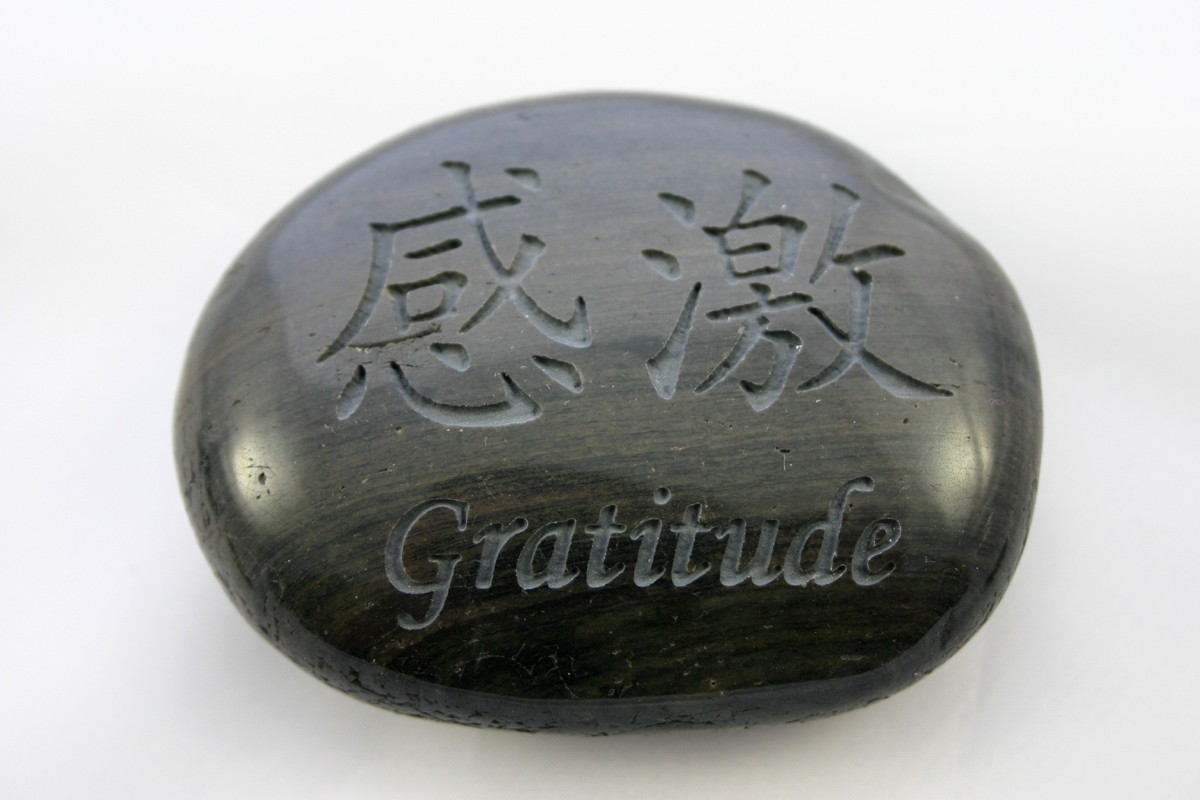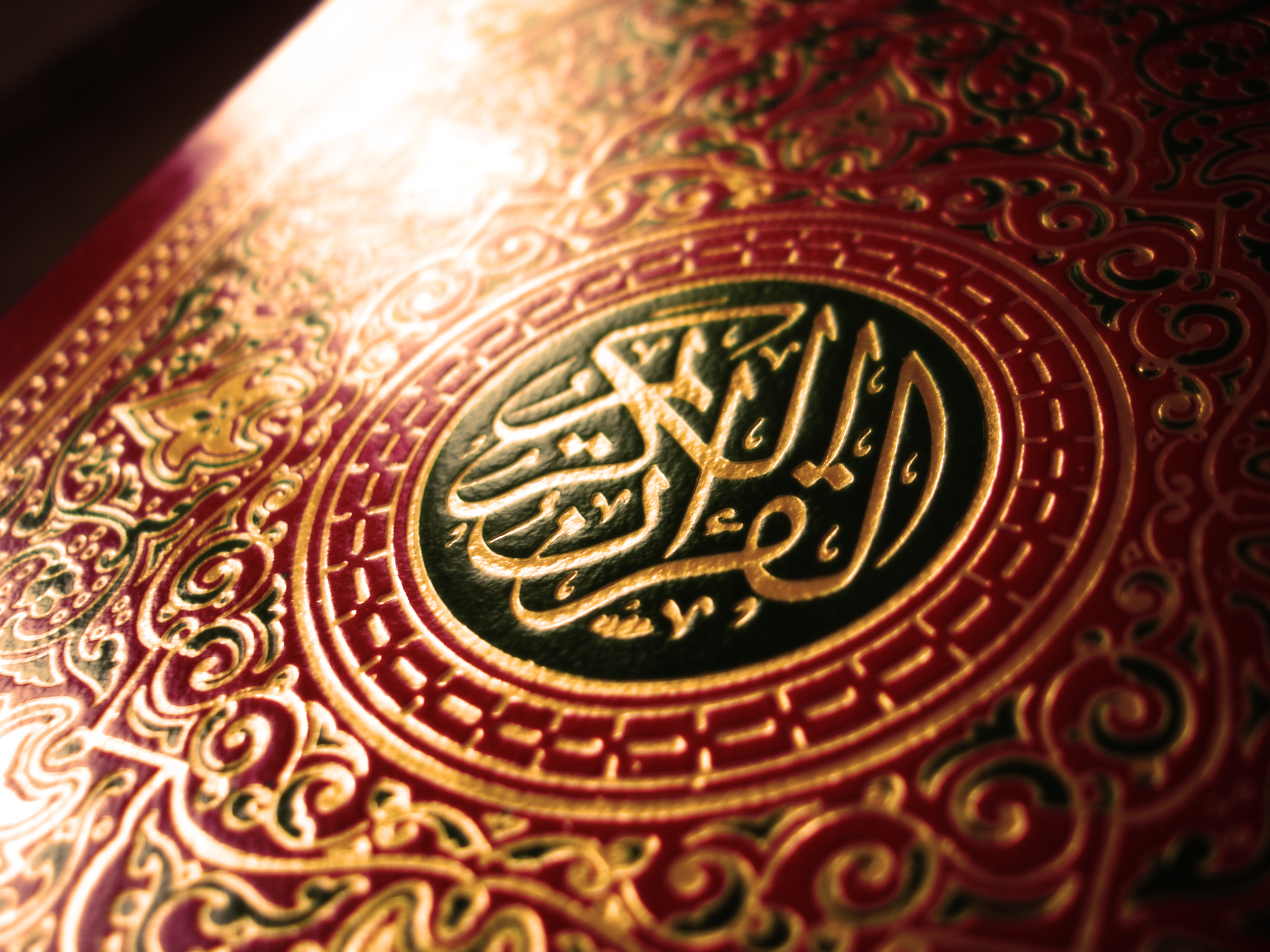In reading Sura 53, I was pretty mystified.
Have ye seen Lat. and 'Uzza,
And another, the third (goddess), Manat?
What! for you the male sex, and for Him, the female?
Behold, such would be indeed a division most unfair!
Manat sounds familiar-- and Ali helpfully gives us the note that it is the name of a goddess. That means the other two names are probably goddesses as well, right?
But what about the next two lines?
Looking around (in a commentary) I see that the verse is highlighting the pagan hypocrisy. It is a common pagan practice to allow female babies to starve, if they were really wanting a male one. No one wanted to refuse to have female babies, but just not as many as male ones, as male babies grow up to be farmers, breadwinners and defenders. Women, in the ancient world, grew up to be house cleaners and pregnant, and generally a burden to fathers and later husbands in patriarchal societies.
The Quran is pointing out that the pagans make up females for their gods (under the authority of the Most High God, of course), but they aren't really interested to have daughters for themselves. "Go ahead and refuse to have daughters, but you will fill heaven with women!", it seems to be saying.
The Quran is not saying anything against women here-- although it does say that no spiritual power is given a female name-- rather, the word is just pointing out that the pagans don't know the first thing about the Spirit world. They make up what they want and present it as the truth.
The Quran speaks the truth-- the only way anyone can know anything about the spirit world is by revelation, not by invention.
For this reason, theologians of most types truly disturb me. Theology is not supposed to be innovative or imaginative. Theology is supposed to be conceptually conservative. This is because, ultimately, the Spirit World is a mystery, displayed to us in fits and starts unless there is someone who can be proven to know more about that world than any of the rest of us. The Spirit world is like an image in a kaleidoscope-- one person may see one image, and other person may see another image, but it is impossible to determine in that image. Only when we put the Kaleidoscope down and look directly at the object, can we really know what it is.
But who has actually seen that world, directly. Only God Himself, or angels. Muhammad claimed to have his revelation directly from an angel. Jesus claimed to have seen it himself, directly. Moses claimed to have his revelation directly from God. So, as long as their claims are true, they qualify.
Theologians, however, are only dealing with shadows and mysteries. Interpretations of texts and dreams and ancient stories. They should be the most conservative, careful of sciences. Instead, most theologians are slip-shod, careless and inventive.
This is not to say that the presentation of truth shouldn't be imaginative-- Madeline L'Engle isn't to be denied, nor her ilk. Nor does it mean that theology shouldn't be radical. If theology is true, it must demand radical change to the world. But the message of theology should be only that which was revealed, without innovation, without addition.































